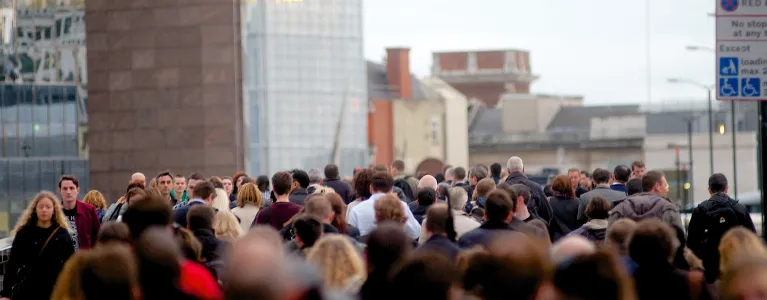
The Prevent Strategy was introduced after the 7/7 terrorist attacks in 2005, with the aim of deterring people from participating in, or supporting, violent extremism.
A report[1] published today by the London Assembly Police and Crime Committee – ‘Preventing extremism in London[2]’ – assesses the implementation of the Strategy in the capital.
The report found that preventing extremism is high on the agenda of all boroughs in London, however, the support offered to boroughs widely differs. ‘Priority boroughs’ are each allocated a Prevent Coordinator yet ‘non-priority boroughs’ integrate Prevent into other areas of local authority activity.
In Croydon, for example, it is the responsibility of an officer in the Public Safety Service who has responsibility for a number of crime and disorder issues[3]. In Harrow, Prevent is the responsibility of a Senior Professional for Community Cohesion[4]. Bexley told us that it is “not aware of any support from the Home Office apart from notification of the duty and guidance notes”[5].
The report welcomes the newly formed London CONTEST Board[6] and recommends that it ensures all London boroughs are supported to deliver excellent intervention through joined-up working.
The report also recommends that:
- There needs to be a ‘dare to share’ approach to Prevent - regular, open and honest communication with the public about what is happening in London is needed.
- Londoners should be more involved in discussions about the best ways to prevent extremism across the capital.
- The London CONTEST Board should explore what is happening across London to tackle online radicalisation and develop strong counter-narratives to tackle extremist messages.
Chair of the Police and Crime Committee, Joanne McCartney AM, said;
“Now, more than ever, a robust strategy is needed to combat the very real threat that London faces from violent extremists.
Our report recognises that as the eyes and ears of the capital, we cannot afford to overlook the role of the public. The risks posed by online radicalisation have been examined and we know that a strong counter-narrative - which condemns violent extremism - is one of the most powerful prevention methods available, but attempts to deliver this have been lacking so far. Community engagement is critical to the success of Prevent, but we heard that there is a risk that the current ‘top down’ approach to Prevent delivery makes it difficult to engage citizens.”
The report will be discussed at the Committee’s Q&A with the Met Commissioner and the Deputy Mayor for Policing and Crime at 10am on 17 December 2015.
Notes to editors
Notes for Editors:
- This report represents the view of the majority of the Committee. Jenny Jones AM does not support this report. Her views are set out in a minority opinion in Chapter 6.
- The report ‘Preventing extremism in London’ is attached.
- Written submission from the London Borough of Croydon.
- Written submission from the London Borough of Harrow.
- Written submission from the London Borough of Bexley.
- The London CONTEST Board will be introduced to oversee the implementation of the Government’s counter-terrorism strategy in the capital.
- Joanne McCartney AM, Chair of the Police and Crime Committee, is available for interview – see contact details below.
- As well as investigating issues that matter to Londoners, the London Assembly acts as a check and a balance on the Mayor.
For media enquiries, please contact Mary Dolan on 020 7983 4603. For out of hours media enquiries, call 020 7983 4000 and ask for the London Assembly duty press officer. Non-media enquiries should be directed to the Public Liaison Unit on 020 7983 4100.